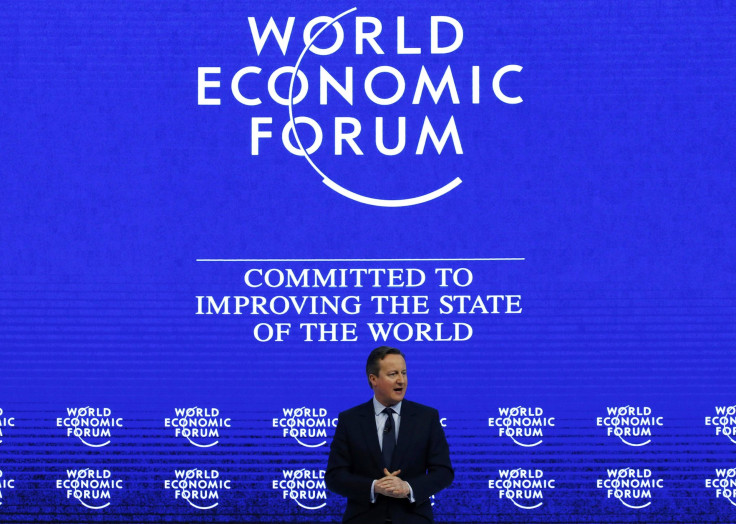Video: Concern Over Global Slowdown And Markets Among Davos Participants

Participants at the World Economic Forum (WEF) in Switzerland painted a bleak picture of the current state of the global economy on Thursday after stocks plunged worldwide Wednesday.
Hussain Al Nowais from the United Arab Emirates is chairman of Al Nowais Investments, a private regional holding company based in Abu Dhabi. He said there were several reasons for the slump.
"The drop of oil prices, (the) Chinese economy slowing down, tightening liquidities of the bank, all (are) affecting the economy. I hope the picture will look brighter as we go on in the year but for the moment it doesn't look bright."
Asked where the oil price was heading in his view, Al Nowais said "well, it's going down, down, down. I believe especially with the entry of Iran as well, now it's going to affect more. I would like to be optimistic so I hope things will improve."
Ilan Goldfajn, chief economist of Itau Unibanco, "the largest privately owned bank in Latin America," said "of course there is a risk focus and I just don't buy it at face value now. I think there is excess volatility."
The chairman of Lloyd's insurance, John Nelson said "what I myself am nervous about is that if we continue to get these market jolts it will begin to undermine consumer confidence in some of the developed world."
Yet, Nelson added, "there are some concerns about the Chinese financial structure, banking structure...but...if you look in the world generally the strength, the financial strength of financial institutions is much stronger than it was say seven, ten years ago."
© Copyright Thomson Reuters 2024. All rights reserved.











